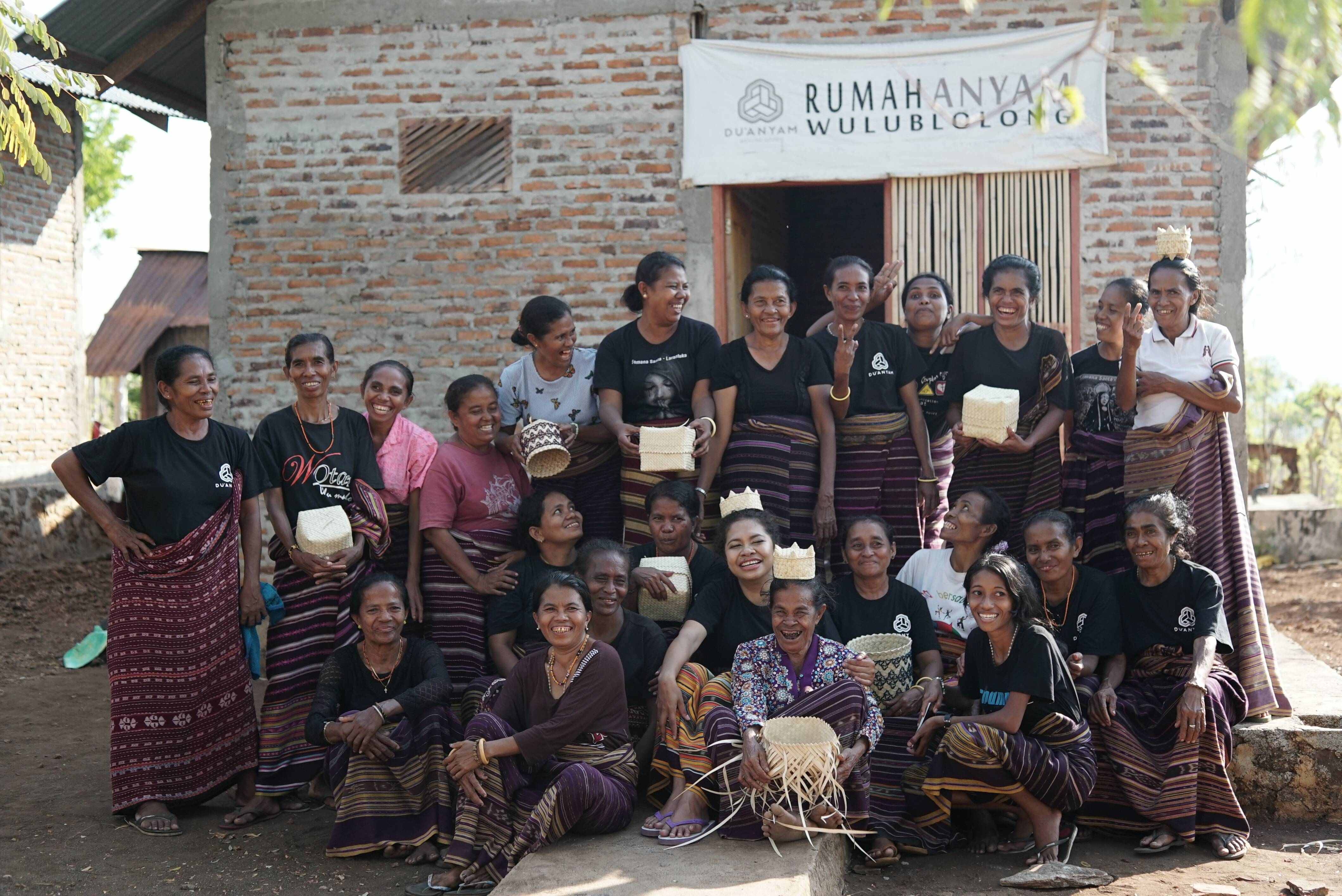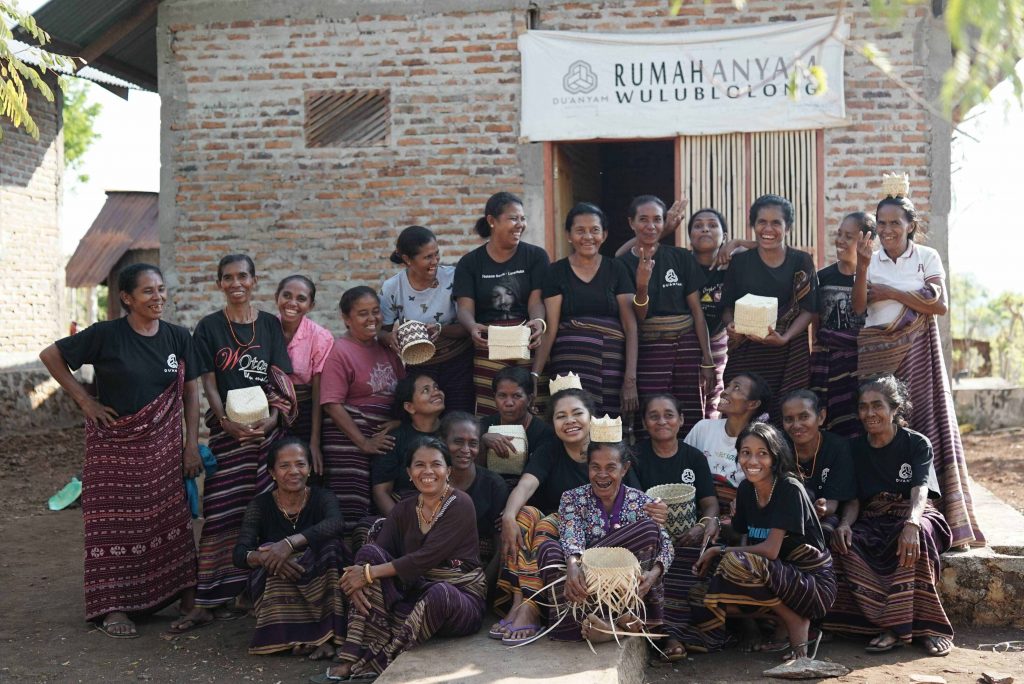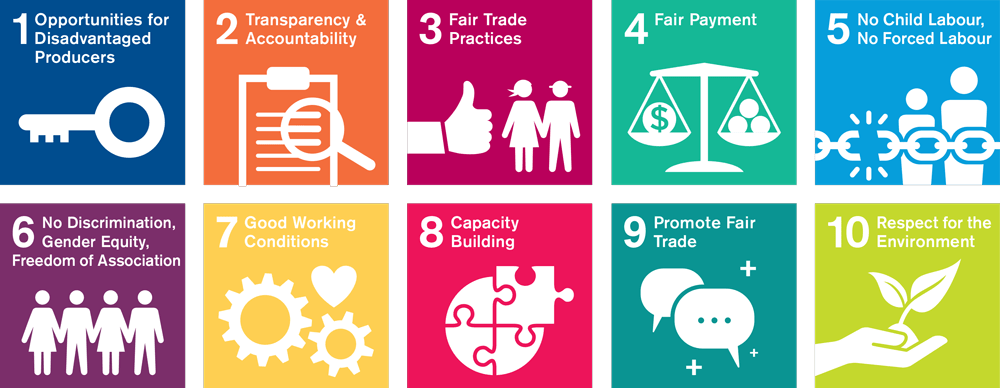When you think of products, whether they be as simple as the clothes you wear or the groceries that you buy, chances are, you don’t immediately think of the workers behind these products. And don’t worry, you’re not alone in this thought process, as many others share similar thinking with you.
However, with the rise in consumer purchases due to the pandemic, it is important for both retailers and consumers alike to keep companies accountable in their treatment of workers. This idea stems from the concept of fair trade as defined as a “trading partnership…that seeks greater equity in international trade…by offering better trading conditions to, and securing the rights of, marginalized producers and workers” (Fair Trade Advocacy Office). Unfortunately, many companies worldwide utilize unfair labor practices, especially in industries that are focused on manufacturing and using goods from around the world, necessitating a movement for fair trade policies to be implemented. Because of this movement, more attention can be focused on creating equity in all workplaces. With that, let’s first understand what the goal of fair trade is.
What does fair trade aim to achieve?
The World Fair Trade Organization (WFTO) has created a set of standards that can be used to assess if a company is considered fair trade approved. These standards include meeting minimum wage, upholding environmental sustainability, banning forced or child labor, maintaining safe working conditions, publicizing supply chain information to consumers, and creating premiums that can go to producers or towards communal developmental projects (Gallant International). Fairtrade aims to fix the pervasive issues that are commonly seen in manufacturing industries worldwide. For example, the home decor industry is notorious for using bad labor practices in order to make goods quickly and cheaply. As big brands outsource their materials to developing nations, their demands mean that the workers in these nations face dangerous workplaces and are oftentimes children. Luckily, fair trade-focused organizations are focused on combating this issue in order to install fairtrade practices to protect workers. In more recent years, the world has seen an increase in protests related to it, calling for increased transparency and change from companies with bad labor practices, which hopefully can be seen as a sign that progress is happening.
What can consumers and retailers do to combat bad labor practices?
The biggest, and probably the easiest way to combat bad labor practices is to buy from sustainable, fair trade-oriented companies. Supporting brands that are focused on protecting both the environment and their workers, creates an overall market focus on fair trade practices.
Take Du Anyam for example, an Indonesian social enterprise specializing in woven goods. Through their focus on opening market access and work opportunities that are accessible, safe, and empowering to their weavers, they are able to maintain practices. Moreover, their commitment to environmental sustainability through their use of natural, local, and sustainable weaving materials, further creates a sustainable business practice that aligns with fairtrade goals. These changes to the way a company runs create a workplace environment that can support workers rather than exploit them.
As consumer demand continues to increase, it is important that we continue to buy consciously, and use our consumer power to support companies who support their workers. We need to move into the future while promoting sustainability, and supporting fair trade practices is the best way to do this.
Become a retailer and hand in hand, we make a better future.




